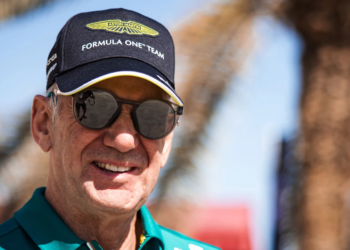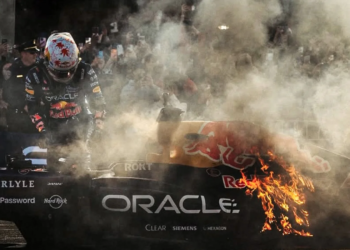Toto Wolff praised Mercedes’ turnaround after it bounced back from defeat in Belgium to extend its victory streak at Formula 1’s Italian Grand Prix.
Mercedes was comprehensively beaten by Ferrari and Sebastian Vettel at Spa-Francorchamps and was eclipsed in qualifying trim at Monza as the home favourites locked out the front row of the grid.
Lewis Hamilton battled with Vettel on the opening lap and passed his title rival into the second chicane, with the German spinning as they brushed sidepods.
Hamilton then remained with Kimi Raikkonen for much of the race and passed the ailing Ferrari driver with eight laps remaining to claim Mercedes’ fifth straight Monza win.
“I’m very proud of the work the team have done,” said Wolff.
“All the engine guys and the chassis guys from Spa to Monza. We have understood the car better, we have understood the tyres better.
“We’ve added some performance and even if [qualifying] didn’t show it because we couldn’t qualify on pole I felt that we’ve done some good work over the last couple of days. I would have also said that if we hadn’t won.
“Nevertheless, we didn’t have the quickest car [in qualifying] but in the race we did.
“We had a reliable car, we had a car that was good on the tyres. There was no blistering on our tyres, unlike the Ferrari, and brilliant execution from both drivers and the team.”
Wolff nonetheless wants Mercedes to understand why Ferrari’s pace advantage in qualifying was not so prevalent in race trim, suspecting it is down to deployment modes available only across one lap.
“It looks like the performance they are able to deploy on one lap is maybe not something they can replicate throughout the race,” he said.
“I don’t want to go any further because it could be read in a different way like I’m trying to find excuses.
“But they certainly seemed to have a very good car [in qualifying] and a good car [in the race]. But we haven’t seen Sebastian perform in a car without any damage.
“Maybe the clever people will know it [the reason and pace differences] but I think we need to analyse it.”






Discussion about this post